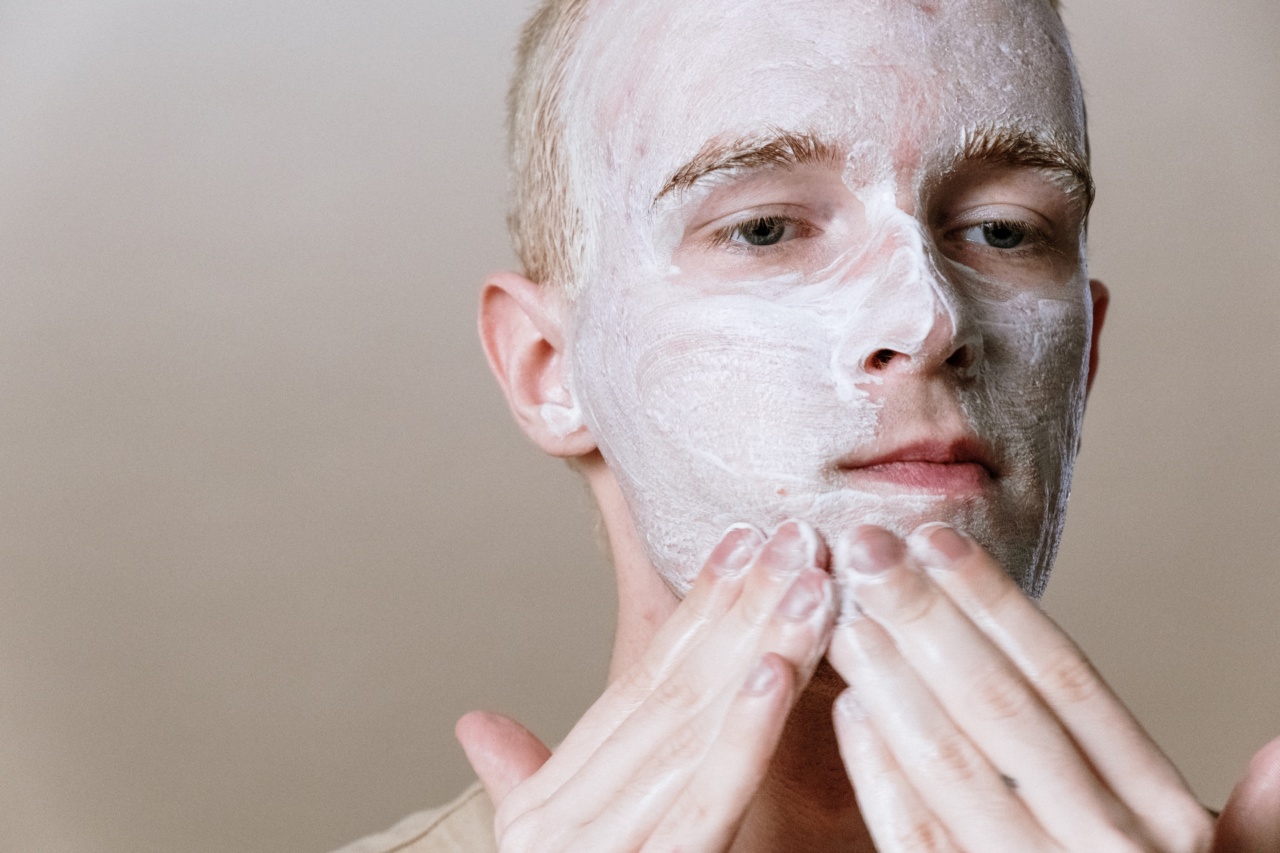Acne is a common skin condition that affects millions of people worldwide. It occurs when hair follicles become clogged with oil and dead skin cells, leading to the formation of pimples, blackheads, and whiteheads.
Treating acne can be a challenge, especially for those with acne-prone skin. However, with the right skincare regime, you can effectively manage and prevent acne breakouts. In this article, we will discuss the proper skincare regime for acne-prone skin and the key steps you need to follow for clear and healthy skin.
Cleansing
Cleansing is an essential step in any skincare routine, especially for acne-prone skin. Proper cleansing helps remove dirt, excess oil, and bacteria from the skin, preventing clogged pores and reducing the chances of acne breakouts.
When choosing a cleanser, opt for mild, non-comedogenic, and fragrance-free products that are specifically formulated for acne-prone skin.
Toning
Toning is an often overlooked step in skincare, but it is crucial for acne-prone skin. Toners help balance the skin’s pH levels, remove any remaining traces of dirt or makeup, and tighten the pores.
Look for toners that contain ingredients such as witch hazel or salicylic acid, which have astringent and anti-inflammatory properties that can soothe and calm acne-prone skin.
Exfoliating
Exfoliation is an important step in any skincare regime, as it helps remove dead skin cells that can clog the pores and lead to acne breakouts.
However, when it comes to acne-prone skin, it’s essential to choose gentle exfoliants and avoid harsh scrubbing, as it can irritate the skin and exacerbate acne. Look for exfoliants with ingredients like salicylic acid or glycolic acid, which are effective in unclogging pores without causing irritation.
Treating
Treating acne-prone skin requires the use of targeted treatments that can combat acne-causing bacteria, reduce inflammation, and promote healing.
One popular ingredient in acne treatments is benzoyl peroxide, which has antibacterial properties and can effectively kill the bacteria that contribute to acne. Another effective ingredient is salicylic acid, which exfoliates the skin and keeps the pores clean. Always spot-treat affected areas and avoid applying these treatments all over the face, as they can dry out the skin.
Moisturizing
Contrary to popular belief, moisturizing is essential for acne-prone skin as well.
Many acne treatments can dry out the skin, and without proper hydration, the skin can produce even more oil to compensate for the lack of moisture, leading to further breakouts. Choose oil-free and non-comedogenic moisturizers that won’t clog the pores. Look for ingredients like hyaluronic acid, which helps hydrate the skin without adding any extra oil.
Sun Protection
Protecting your skin from the harmful UV rays of the sun is crucial, even if you have acne-prone skin.
Some acne treatments can make your skin more sensitive to the sun, so it’s important to wear a broad-spectrum sunscreen with an SPF of 30 or higher. Look for sunscreens that are oil-free and non-comedogenic to avoid clogging the pores and causing more breakouts.
Eating a Healthy Diet
While skincare is important, it’s essential to remember that what you put inside your body also affects the health of your skin. Eating a balanced diet with plenty of fruits, vegetables, and whole grains can help promote clear and healthy skin.
Avoiding highly processed foods, sugary snacks, and dairy products can also make a difference for acne-prone skin.
Getting Enough Sleep
Sleep is often overlooked when it comes to skincare, but it plays a crucial role in maintaining healthy skin. Lack of sleep can trigger hormonal imbalances, leading to increased oil production and inflammation, which can worsen acne.
Aim for at least seven to eight hours of quality sleep each night to allow your skin to repair and rejuvenate.
Managing Stress
Stress can have a significant impact on the health of your skin, including triggering acne breakouts. When you’re stressed, your body produces more hormones like cortisol, which can stimulate oil production and inflammation.
Find healthy ways to manage stress, such as practicing yoga, meditation, or engaging in hobbies that help you relax and unwind.
Consulting a Dermatologist
If you’ve tried various skincare regimes and still struggle with acne-prone skin, it may be time to consult a dermatologist.
A dermatologist can assess your skin, identify the underlying causes of your acne, and recommend suitable treatments or medications to help you achieve clearer skin. They can also provide guidance on the proper skincare regime and any specific products you should be using.
Conclusion
Managing acne-prone skin requires a consistent and targeted skincare regime. Cleansing, toning, exfoliating, treating, moisturizing, and protecting your skin from the sun are all essential steps in an effective routine.
Additionally, adopting healthy lifestyle habits such as eating a balanced diet, getting enough sleep, and managing stress can also help improve the health of your skin. Remember, finding the right skincare regime may take time and experimentation, but with patience and consistency, you can achieve clear and healthy skin.





























